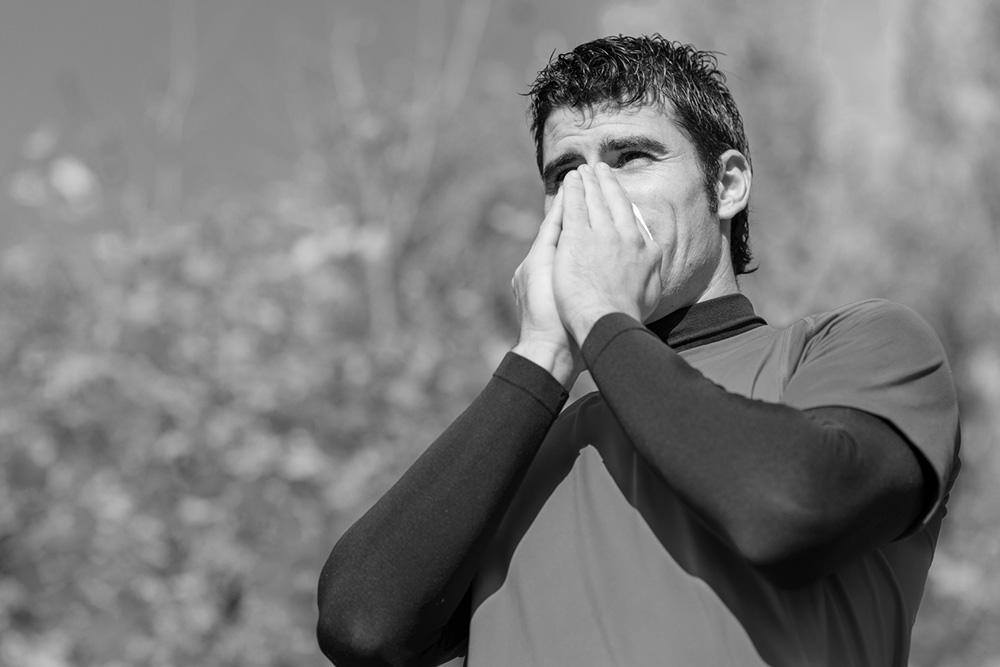The Trick Stress Plays on Your Metabolism
Gillian White – BSc, MSc., PhD Candidate A sheep in wolf’s clothing: The mean trick stress plays on your body’s metabolism. University of Toronto, Department of Exercise Sciences For most people reading this article, it’s a no-brainer to say that stress is bad. What stress is an why it’s “bad” is a little bit hazier. There






